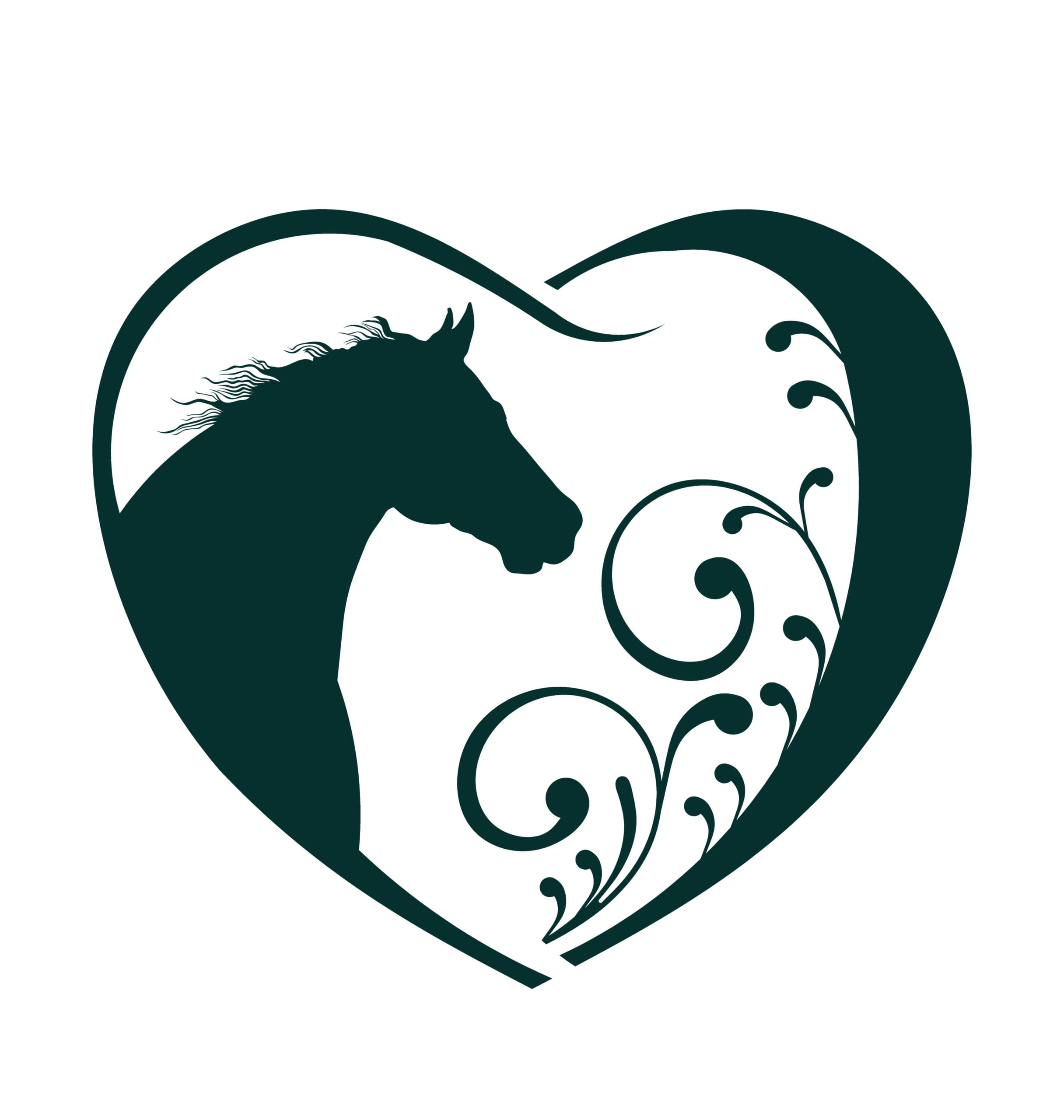While we dream of an animal abuse-free world, this is sadly not today’s reality. If you suspect abuse or neglect, it is important to take proper steps to report it. Highveld Horse Care Unit (HHCU) shares how to best go about reporting abuse or neglect.
Identity
The HHCU depends on the public to report any and all suspected forms of abuse to us. Firstly, all information passed on to the HHCU by members of the public is kept confidential, and we never reveal the source of our information. The horse world is a small place, and depending on the situation, it is understandable that some people may want to remain anonymous. While you can report anonymously, it is recommended that you actually file an official complaint. We do, however, encourage individuals to provide their contact information in case we need more information or can’t locate the equine at the specified address.
Abuse or neglect?
It’s very easy to become concerned when you see an animal receiving anything less than the best of care. The first step is to consider the situation in context and to consider whether what you are seeing is abuse or neglect. Abuse tends to involve inflicting pain or stress on the animal, and neglect involves the failure to provide for a horse’s basic needs.
Having knowledge about what constitutes appropriate feed and water, basic equine care (hoof care, dental care, parasite control) and even herd behaviour will help determine whether a horse is in need of assistance. Neglect typically refers to a failure to provide food, shelter, water and necessary veterinary care.
The HHCU is duty bound to follow up on all complaints reported to us.
What to do when you’re worried
It is important to remember that it is never a good idea to trespass when trying to help an equine. If you have legal access to the property or can gather information from a public road, the following information is important to share with authorities when reporting an incident:
- Geographic location of the animal (exact address, if possible).
- Date and time and weather conditions if this is applicable.
- Description of the animal: any distinguishing markings, other important features such as injuries.
- Description of the physical surroundings: the type of enclosure, if food and water are available, if shelter is available and if so what kind, and the state of the enclosure.
- Note any other animals in the enclosure, and if there is more than one equine you’re concerned about.
- If possible, take photos.
- Again, be mindful not to trespass or endanger your safety.
With the advent of social media, it can become quite easy to spread news quickly. Once a story goes out on social media it can hamper the investigation for us going forward, so going through the proper channels is preferable. While it is important to take swift action in animal cruelty or neglect cases, it is also important to do things properly and respectfully.
Who’s at risk?
It’s not only horses and donkeys serving as work equines in rural areas. Abuse can very much exist in the show ring and in some of our top yards. Röllkur, excessive smacking, whipping, sharp spurs and pushing a horse beyond exhaustion or beyond his limits are all forms of abuse that even the most knowledgeable of equestrians are guilty of. If you have witnessed any of these forms of abuse, the same procedure of reporting to HHCU applies.
Getting in touch
This information can be provided either telephonically, by email or via private inbox on our Facebook page. We also have WhatsApp on the unit cellphone number where pictures and/or videos and information can be provided.
Contact 081 598 3842 or 081 573 4098
Emergency and after-hours contact 082 921 1644
Email info@horsecare.org.za
Visit horsecare.org.za

